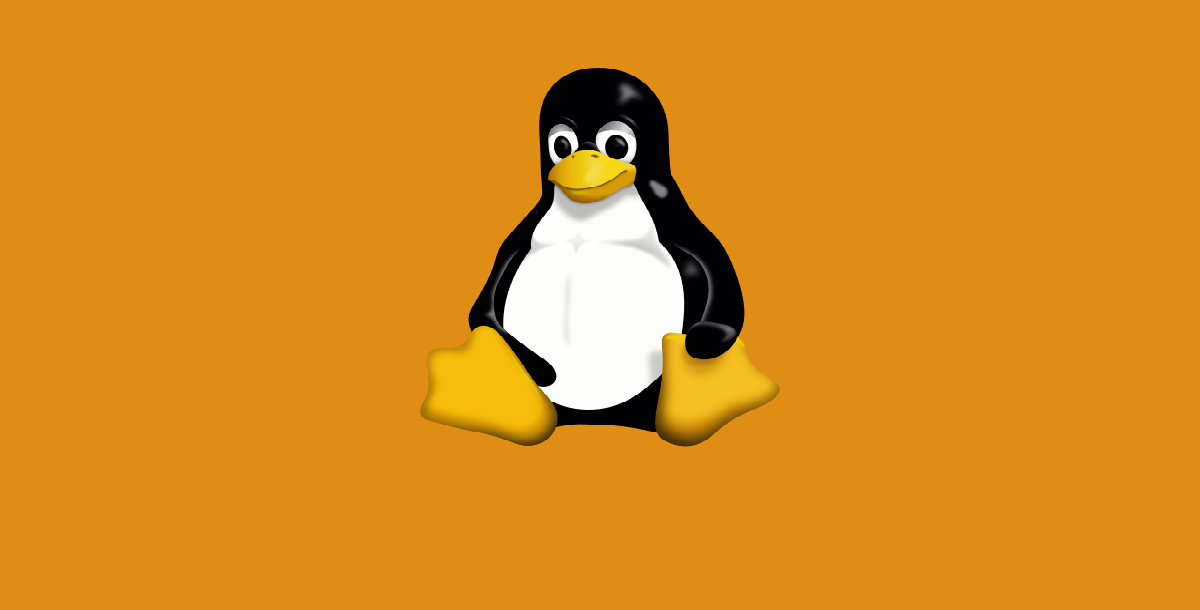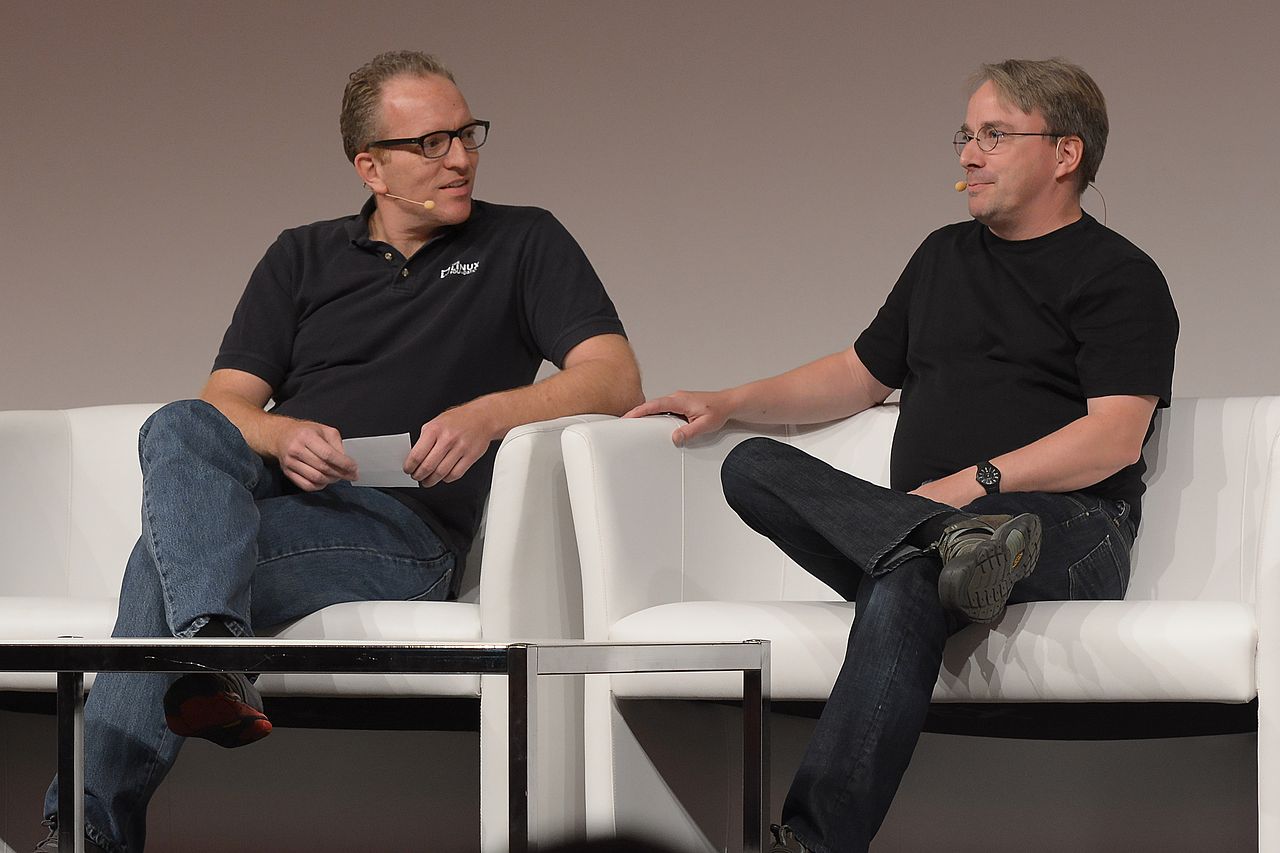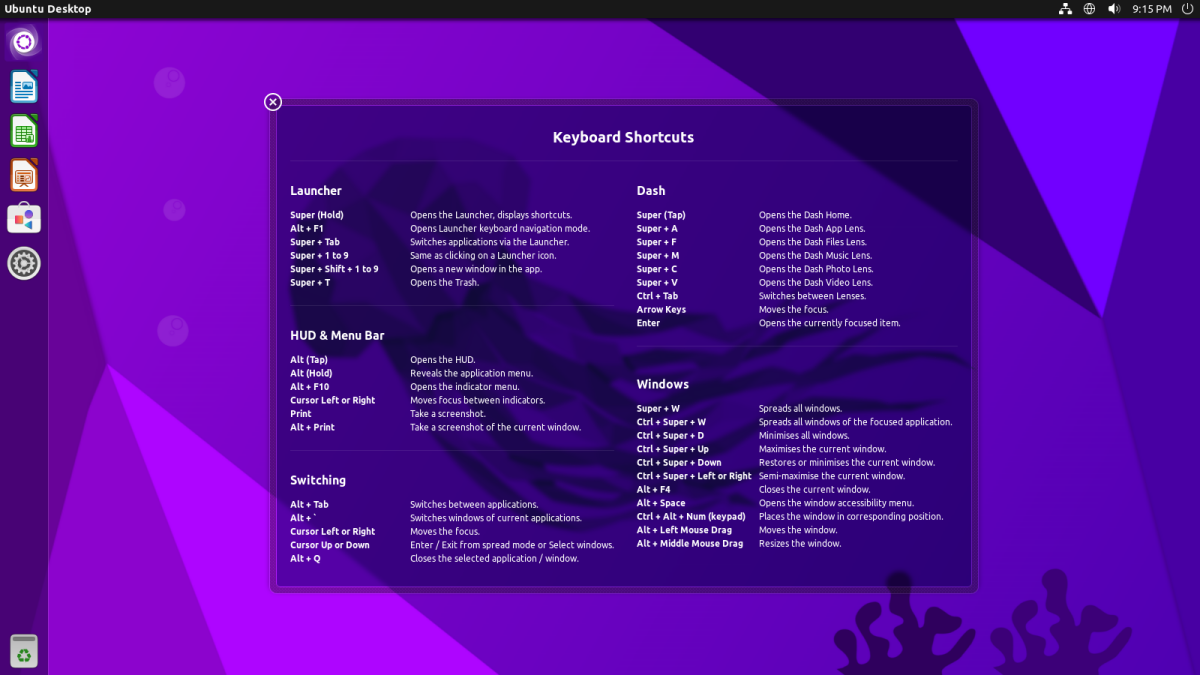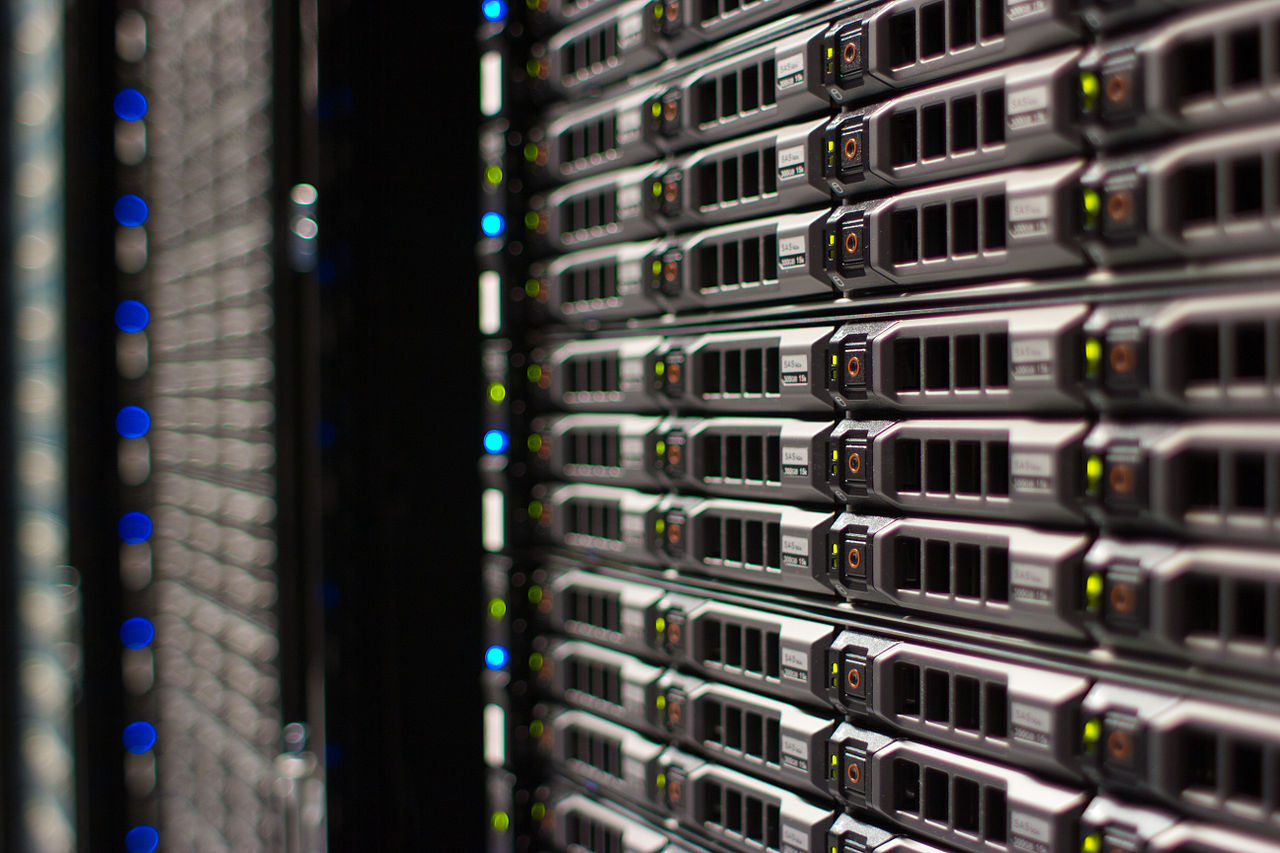
The world of operating systems for computers he is notoriously ruthless. For every market-leading operating system like Windows and macOS, there are dozens of obscure alternatives struggling for even niche adoption. It's almost as if the operating system market is actively resisting being dominated by a single entity. In light of this competitive landscape, it may come as a surprise to learn that Linux, a free and open source operating system developed by a community of passionate volunteers, is today one of the most widely used operating systems in the world. In fact, you probably use it daily without knowing it. What exactly is Linux, why has it been so successful and what is its future? Read on to find out…
A Little History
Linux is an open source operating system created by a developer named Linus B Torvalds in 1991. Linux's name comes from the fact that the system consists of many different programming tools that all work together like "a bunch of Lego bricks." Actually, Linux was created as a replacement for another operating system called Minix. Torvalds had originally planned to use Minix on his computer but, due to restrictive licensing policies, he was unable to do so. Therefore, he began to develop an alternative operating system from scratch that was free and open source.
In its early days, Linux was used almost exclusively by programmers of the academic world. Companies also used the operating system only for very specialized applications. There was no widespread adoption among average computer users. However, in 2001, the popularity of Linux began to grow significantly. That's when Linux developers created a version of the operating system that worked on Intel-based computers. It later became known as the "Linux Kernel" and the most popular version is still known by this name.
What is Linux?
Linux is a kernel, although it is also used as a name to designate the open source operating system based on the Unix operating system, although it is not a descendant of it, but a clone. Linux was originally written by a single programmer named Linus Torvalds, but he later made his code public, allowing other programmers to improve and extend it. These programmers shared their code with the rest of the world and the open source Linux community was born. Linux does it all, from desktop computers to supercomputers, mobile phones, and even some types of spaceships. Most people use Linux every day without even knowing it. For example, Android is based on a modified version of Linux, as is the Chrome operating system, which powers Chromebooks. Companies like Amazon and Microsoft, as well as governments around the world, use Linux.
Linux variants (distributions or distros)
There are many variations of Linux, but the most popular are Debian, Ubuntu and Red Hat…
- Debian is a Linux distribution that is primarily used for servers, network equipment, and other types of infrastructure.
- Ubuntu is one of the most popular Linux distributions used by desktop users. It is also used for things like Internet of Things devices and more.
- Red Hat is a commercial distribution of Linux that is primarily used by businesses. Unlike Ubuntu, it is not free to use.
Advantages and disadvantages
Linux is an open source operating system that has many positive features. One of the biggest advantages of using Linux is that it is free to download and use. This means that once you have a Linux installation on your device, there are no ongoing costs. Plus, it doesn't matter what kind of computer you have: Linux will work on Macs, PCs, laptops, and more. Linux is also very secure. This is due to the fact that there is a large community of developers working to defend against hacker attacks at all times. Linux also allows you to adjust certain settings to be more efficient. For example, you can change how data is saved on your device and how often your device automatically updates apps. Another advantage of using Linux is that it can be used for many different tasks. This is because there are many different variations of Linux that can be used for a number of applications.
One of the main cons of using Linux is that it doesn't run certain programs that are used by Windows and macOS users. These include iTunes, QuickBooks, some email applications, and some forms of Adobe programs. However, there are many different variations of Linux that make up for this by including these features in their own operating system.
Why is it popular?
It turns out that Linux is hugely popular between developers and system administrators. Linux's open source model allows them to freely share code, learn from each other, and collaborate on projects. In many cases, this means that Linux has been perfected over time, the product of the efforts and insights of thousands of the industry's best and brightest. Because Linux is open source, it is considered a safe and ethical choice for government and institutional use. It also has a fully transparent code base, making it easy to audit potential vulnerabilities. Also, Linux is free to download and distribute, making it very affordable for organizations of all sizes. And while Linux is considered an enterprise-grade operating system, it also has a wide range of usability and customization options.
Where can you find Linux?
Depending on who you ask, Linux can be found in a wide range of places. Depending on how Linux is defined, the operating system is found on a large number of devices and pieces of software. Android, for example, is based on a Linux kernel. So is the OpenSSH server. And Linux is used on all of Apple's Macintosh computers, as well as its MacOS operating system. To be more specific, these are the places where Linux can be found:
- Mobile: Android, Firefox OS, Sailfish OS, Ubuntu Touch
- Desktop computers: Apple computers, and PCs
- Linux servers
- Others: smart watches, smart TVs (webOS and Tizen), Cisco routers, Tesla cars, and much more.
A promising future
Although it has not conquered the field of the PC, Linux has a bright future. Truth be told, it is difficult to predict the future of any technology or product. But one thing seems certain: Linux's popularity isn't going to die anytime soon. With all the investment and momentum behind Linux, the open source operating system is likely to continue to expand into new markets and use cases. As a freely distributed and open source product, Linux is also likely to continue to evolve at a rapid pace, perhaps even branching out into innovative new operating systems.
Conclusion
Linux is an operating system that the way of interacting with technology has changed. It has been used for years and is still used today by many companies around the world. It has also been used in many products that we use every day, such as our phones, watches, and even cars. The history of Linux is certainly an interesting one and will continue to be of great importance to us in the future. Now that you know what Linux is, why it's so popular, and where you can find it, the next step is to try it out for yourself.



I think that perhaps a mention of the "GNU" part would be missing, since without the tools created by Richard Stallman, Linus would not have been able to create the "Linux" kernel.
I recommend for beginners Linuxmint with xfce
I think you should read a little more about Richard Stallman, creator of all this. Linux is not an operating system, much less designed by Linus Torvalds. He just designed a kernel, which matched the free implementation of Unix, called GNU. The complete system is called (or should be called) GNU/Linux, for convenience the GNU is sometimes omitted, but not even Linus Torvalds is interested in anything other than its kernel (and as you say, it applies to routers, TVs and other devices such as android that use another operating system) nor has it had anything to do with its initial creation, free licenses or ethics associated with the project. An article on Richard Stallman would clarify many points.
I interviewed Richard Stallman a few years ago. I know GNU and its importance, but I don't care too much what it's called GNU/Linux, Linux, Ubuntu, Debian or whatever. Regarding GNU, Stallman, free software, licenses, etc., another article could be made. It shouldn't be taken away from it, but personally I think you shouldn't get obsessed with what to call it. I used to always try to say GNU/Linux, I made an effort to do so, but now I am more concerned with other issues than the name...